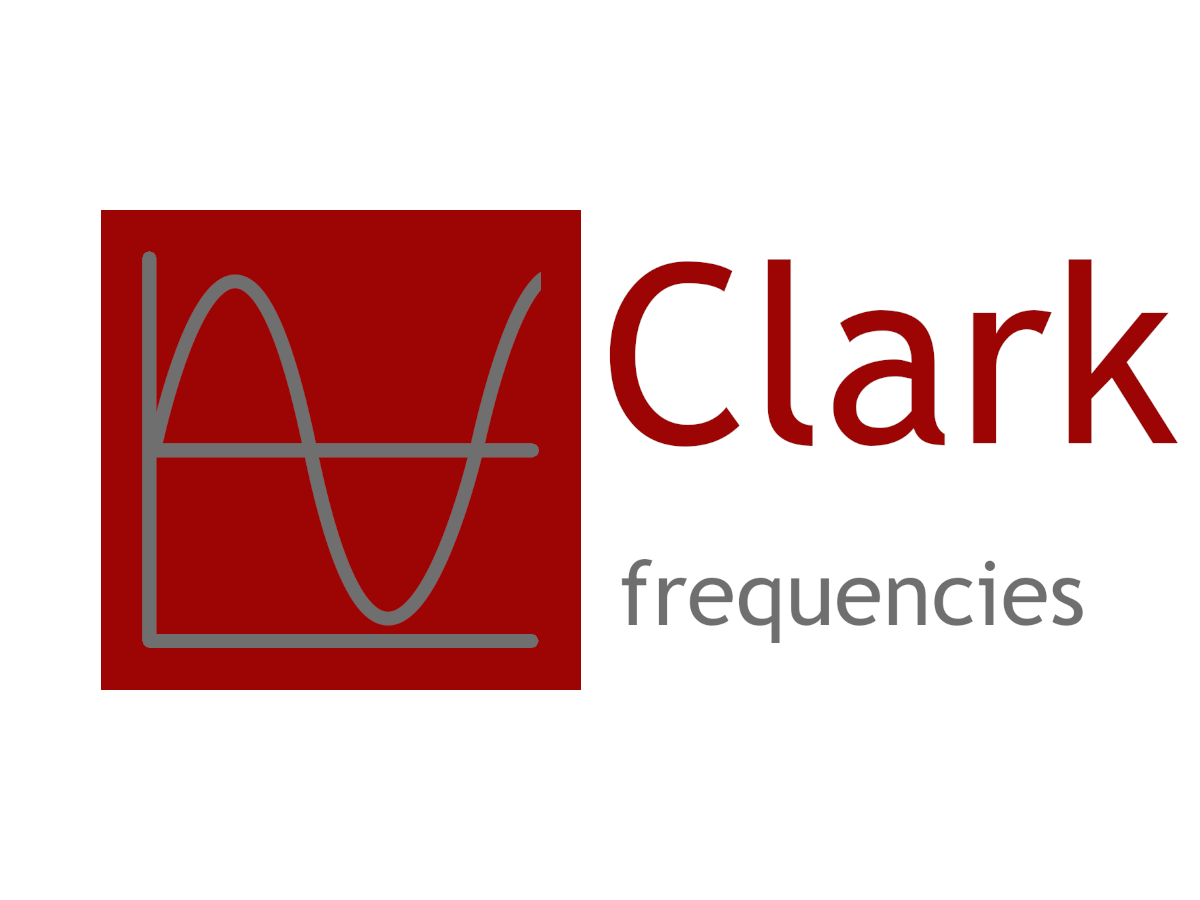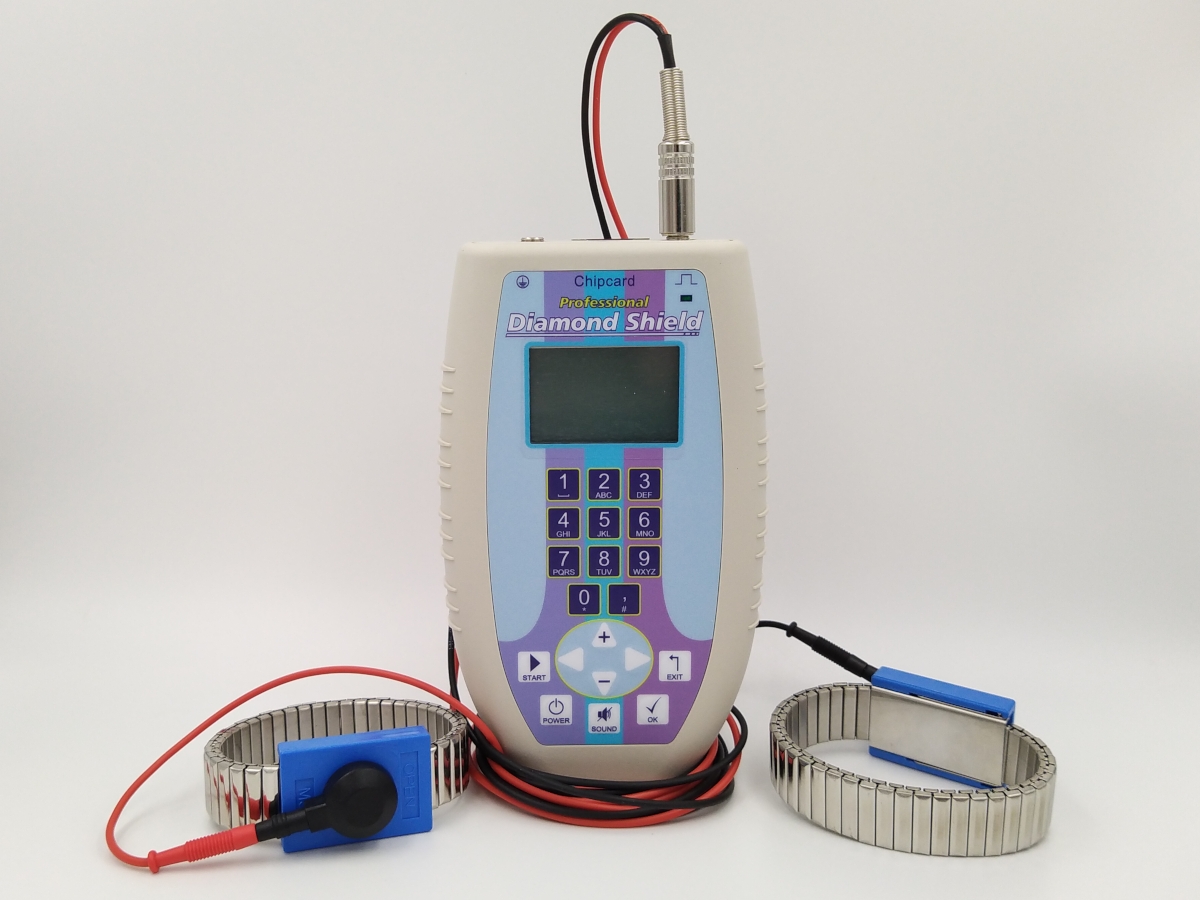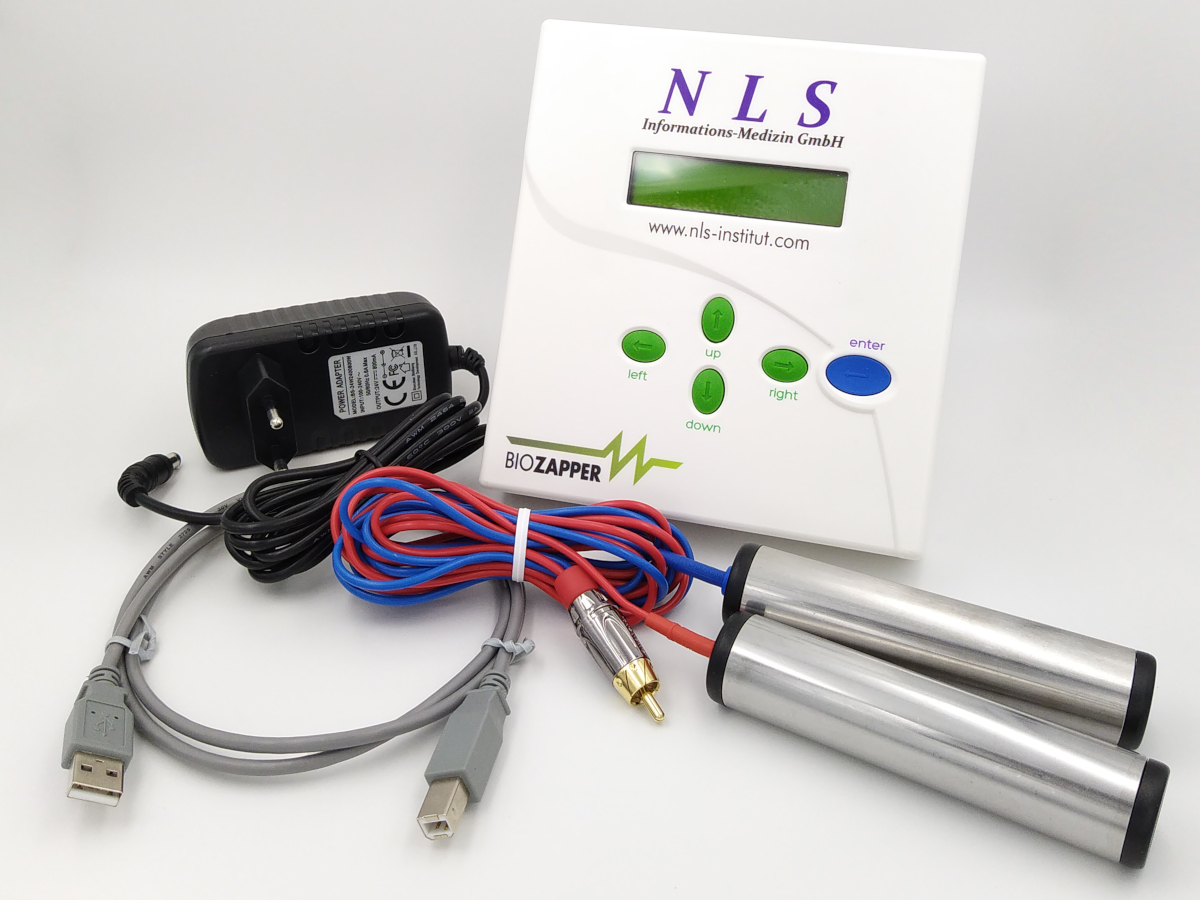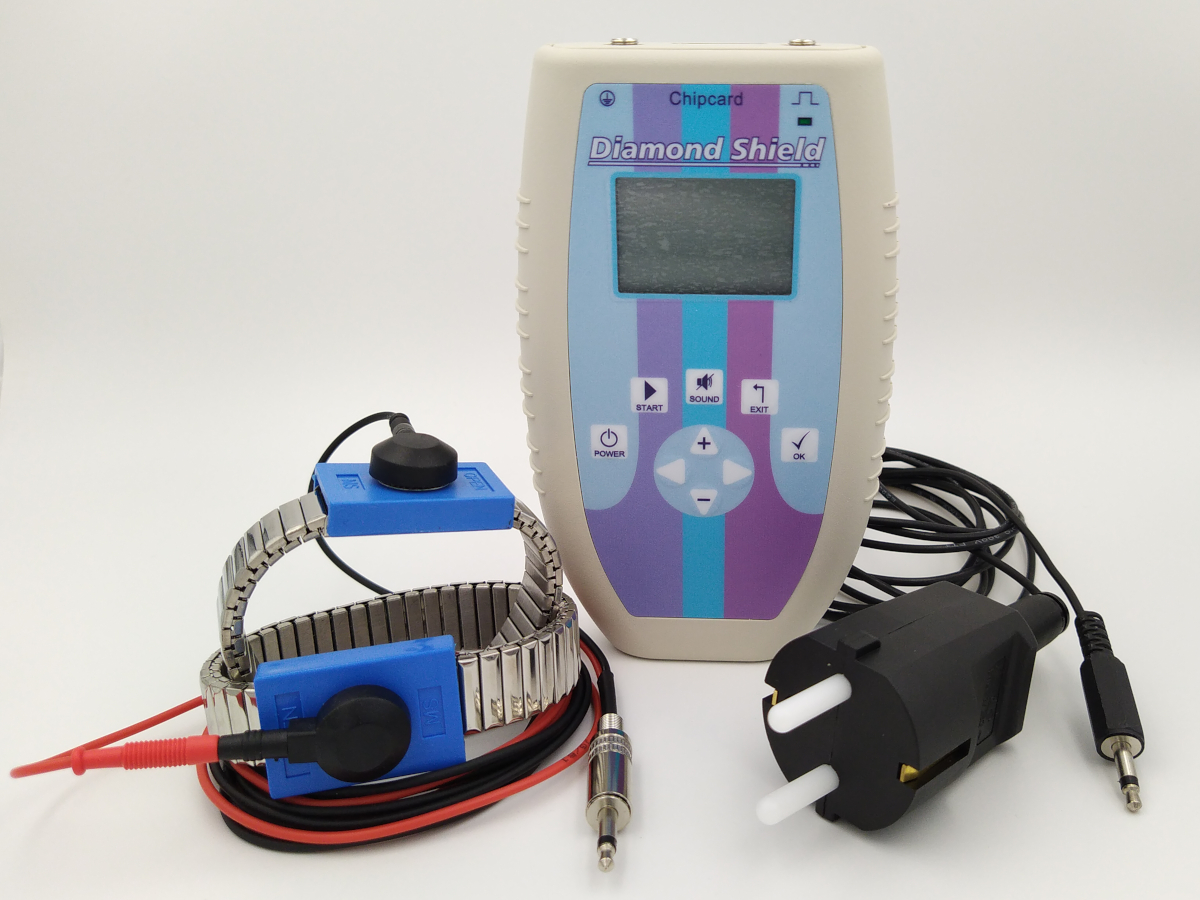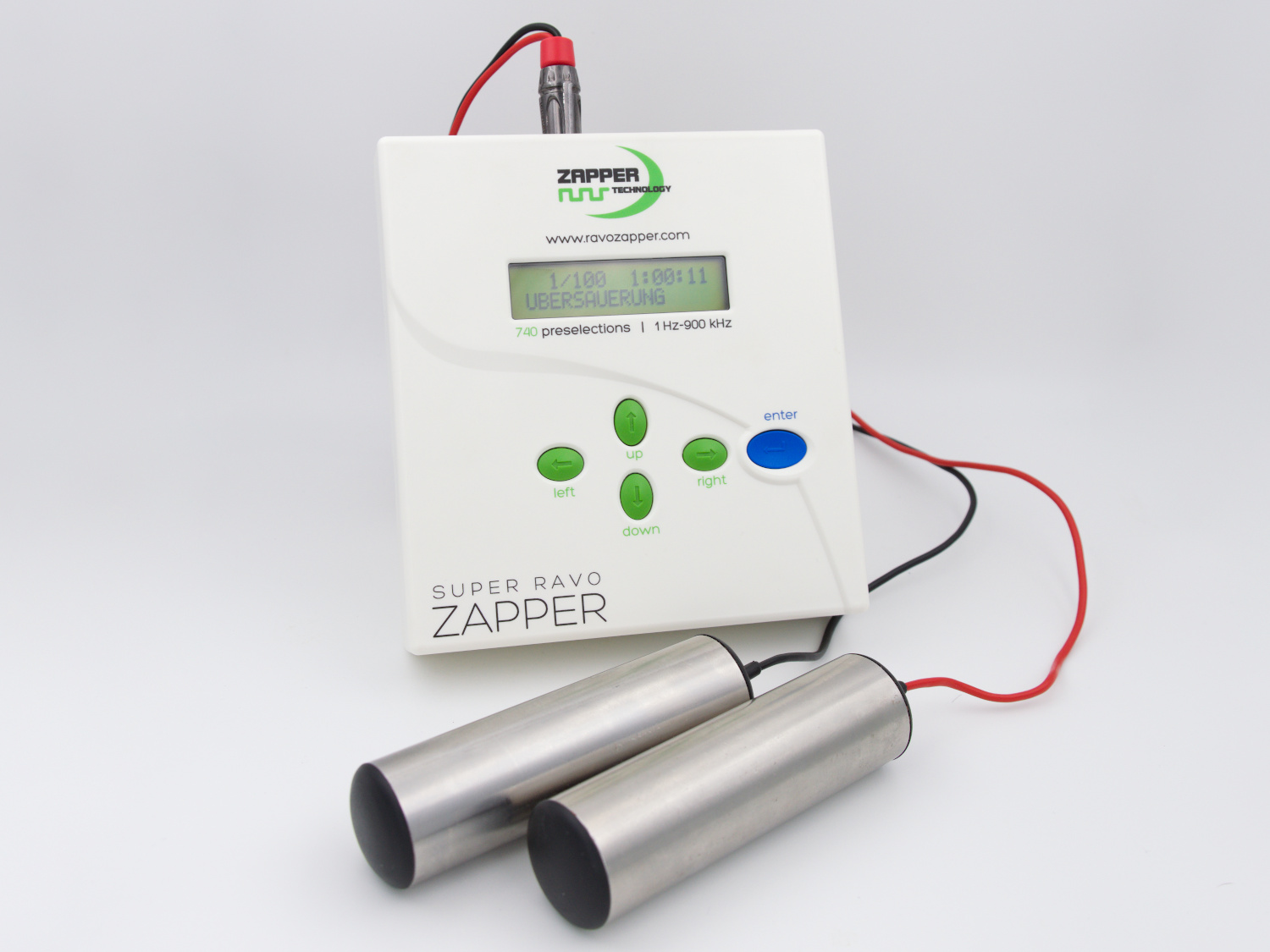Emaciation
Product information "Emaciation"
"Recognising, treating and preventing eating disorders
- How you can help"
Welcome, dear readers, to an extremely important and
sensitive topic that concerns us all: eating disorders. In today's
society, where the ideal image of a perfect body is omnipresent,
the number of people struggling with their eating behaviour is steadily increasing.
This blog post is dedicated to providing detailed information about eating disorders,
their symptoms, health effects, treatment options
and prevention approaches. Our aim is to create an in-depth understanding of
these complex disorders and to show ways in which we can support those affected
. Please take the time to read this article carefully
, as it could be decisive for how you or your loved ones deal with
the topic of eating disorders.
What is an eating disorder?
An eating disorder is a serious mental illness characterised by persistent
eating patterns that negatively affect health, emotions and
daily life. It includes various forms such as
anorexia nervosa, bulimia nervosa,
binge eating disorder and other specific or unspecified
eating disorders. These complex disorders are deeply rooted in psychological,
social and biological factors and can affect anyone regardless of
gender, age or social background. The causes of
eating disorders are diverse and range from genetic predispositions and
familial influences to societal ideals of beauty and
personal trauma. It is crucial to understand that eating disorders
are serious illnesses and go far beyond a choice or a phase
.
What are the signs of an eating disorder?
The signs of an eating disorder can be varied and not always obvious
. Common warning signs include an excessive preoccupation with weight,
body image and food intake. Those affected may follow extreme diets or strict
eating routines, withdraw after eating or show conspicuous
changes in eating behaviour. Other indicators may include a distorted
body image, avoidance of meals or social events associated
with food, and physical symptoms such as weight fluctuations,
gastrointestinal problems or, in women, the absence of menstruation.
Emotional signs include increased sensitivity to
criticism of the body or food, low self-esteem and
depressive moods. It is important to take these signs seriously and
seek professional help if you suspect that you are suffering from an eating disorder.
How do eating disorders affect health?
Eating disorders have far-reaching and sometimes irreversible effects on
physical and mental health. Physically, they can lead to serious
problems such as cardiovascular disease, osteoporosis, electrolyte imbalances and
in women, gynaecological complications. The psychological consequences
are also serious and include anxiety disorders, depression and an
increased risk of suicide. Anorexia can lead to a dangerous
undersupply of vital nutrients, while bulimia can lead to dental damage, inflammation of the oesophagus and
electrolyte imbalance due to
repeated vomiting. Binge eating disorders are often associated with
obesity and the associated health risks such as type 2 diabetes and
high blood pressure. The health effects are therefore
complex and require comprehensive medical care.
How can an eating disorder be treated?
The treatment of an eating disorder requires an individualised,
multidisciplinary approach that takes into account both the physical and psychological
aspects of the disorder. A combination of psychotherapy,
nutritional counselling and medical treatment is often necessary to help
sufferers. Psychotherapeutic methods such as cognitive
behavioural therapy can help to identify and change dysfunctional thought patterns and
behaviours. Nutritional counselling aims
to restore healthy eating behaviour and provide the body with the
nutrients it needs. In severe cases,
inpatient treatment may also be necessary to ensure immediate physical
health. The involvement of the family and social environment
is also an important part of therapy, as they can promote understanding
and support for the person affected.
How can an eating disorder be prevented?
Prevention is a key aspect in the fight against eating disorders. It starts with
promoting a healthy body image and a positive attitude towards
eating. Educational programmes that explain the dangers of diet cultures and
unrealistic beauty ideals can help to reduce the risk
of developing an eating disorder. It is also important to strengthen
self-esteem, especially in children and adolescents,
and to teach stress management strategies. Parents play a
crucial role by setting an example of healthy eating behaviour and encouraging open
conversations about body image and self-acceptance. Early
interventions at the first signs of eating problems can also have a preventative
effect and prevent escalation.
How can those affected be helped?
People with eating disorders often need loving and patient
support. If you suspect that someone around you is affected,
it is important to talk to them sensitively and without accusations.
Find out more about the illness and offer your help, for example
in seeking professional counselling. Do not pressure the person
to make changes, but encourage them to take control of
their own recovery. Be a reliable partner who listens
and shows understanding without passing judgement. Group support and
self-help groups can also be a valuable resource for sufferers and
their loved ones. It is crucial that sufferers know that they
are not alone and that there is hope for recovery.
Conclusion
Eating disorders are complex illnesses that pose a serious threat to the
health and well-being of those affected. They require a
deep understanding and comprehensive treatment that takes into account both the physical
and psychological aspects. Through education, prevention
and support, we can help reduce the risk of eating disorders
and support those affected on their journey to recovery
. It is our shared responsibility to create an environment in
that promotes healthy body image and self-acceptance. Let
us work together to ensure that eating disorders are no longer a taboo subject,
but are treated openly and with compassion. Thank you for taking the time
to find out more about this important topic. Your
mindfulness and commitment can make a difference in the life of someone
struggling with an eating disorder.
Frequency programme with the assigned frequencies from the CAFL list
The programme was created according to the guidelines of Dr Hulda Clark.
Legal notice:
The purchase of the frequency programme, as well as the respective zapper devices, serves as support, but cannot replace medical advice, diagnosis or treatment by trained doctors, alternative practitioners or therapists and does not constitute a healing statement.
Delivery of the frequencies on chip with shipping costs for:
- Biowave Zapper
- Diamond Shield Zapper
Delivery of the frequencies as a file without shipping costs for
- Bio Zapper
- Biotrohn Zapper
- Super Ravo Zapper
- Plasma Generator RPZ 15 or 14
Delivery of the frequencies in the Healy Cloud without shipping costs:
- After receiving the invoice, please send us the therapist TAN, after which the frequency list will be transferred to your device via the Healy Cloud.
Please note that Healy is a medical device in the European Union for the treatment of chronic pain, fibromyalgia, skeletal pain and migraine, as well as for the supportive treatment of mental illnesses such as depression, anxiety and associated sleep disorders.
All other applications of Healy are not recognised by conventional medicine due to a lack of evidence in the sense of conventional medicine.
Disclaimer:
Some of the statements made here and the products listed are based on medical findings that are not recognised by conventional medicine. The statements made on indications and effectiveness, as well as applications of the products listed here, do not replace treatment by a doctor, therapist or alternative practitioner.
| Execution: | Biowave Zapper, Diamond Shield Zapper, Super Ravo Zapper, Biozapper, Biotrohn, RPZ 15 |
|---|


